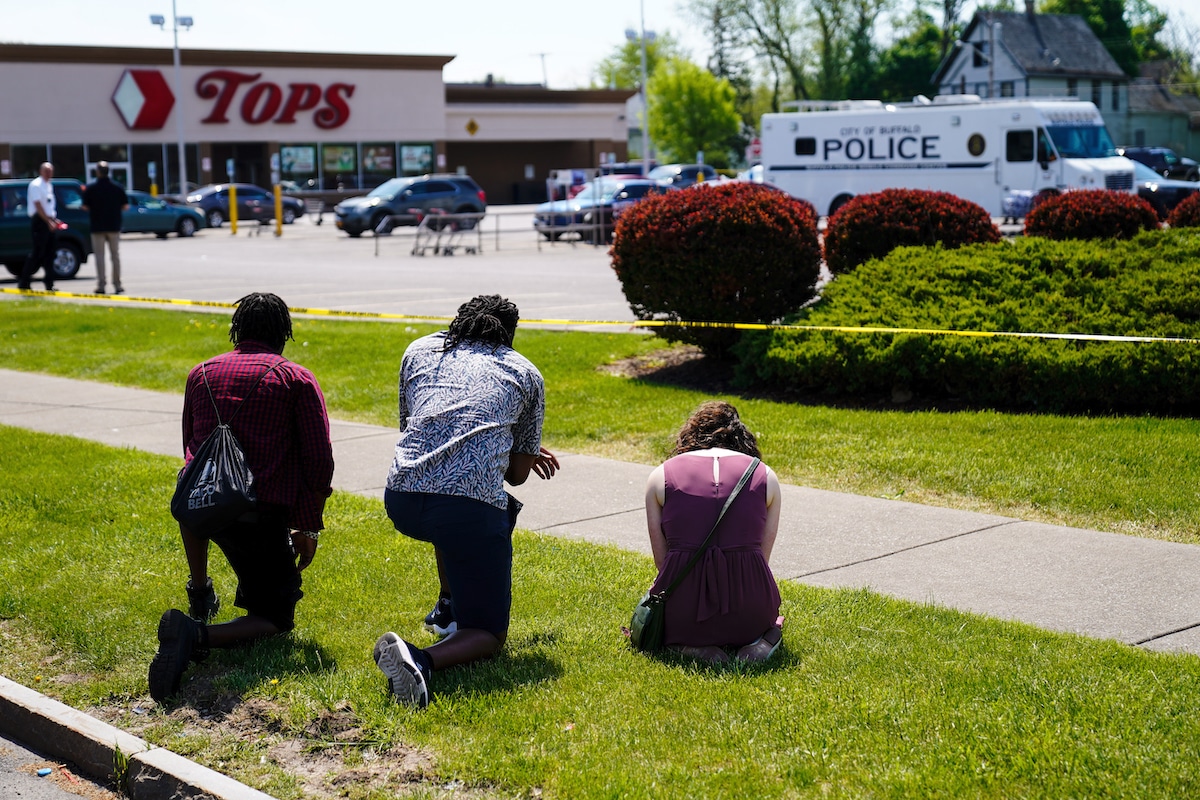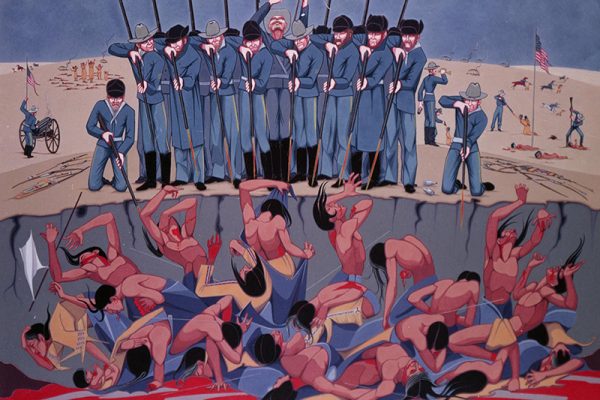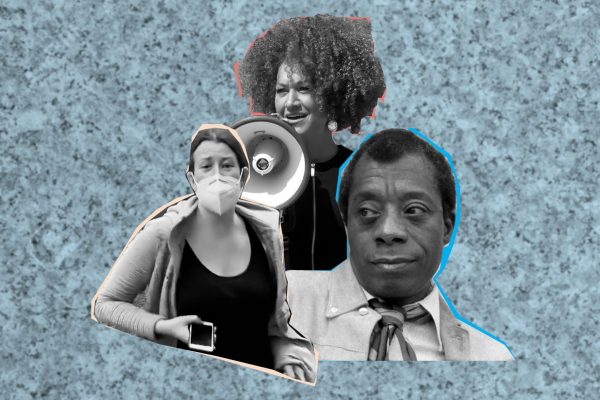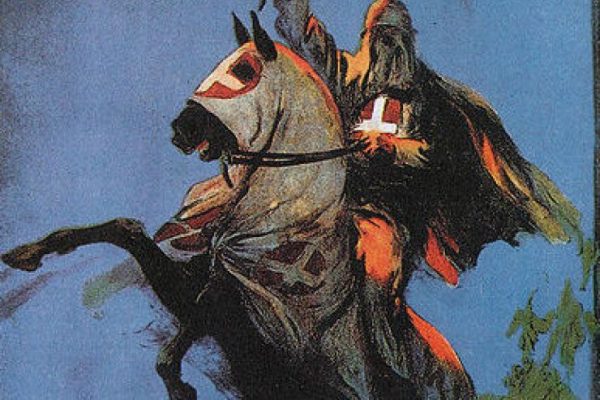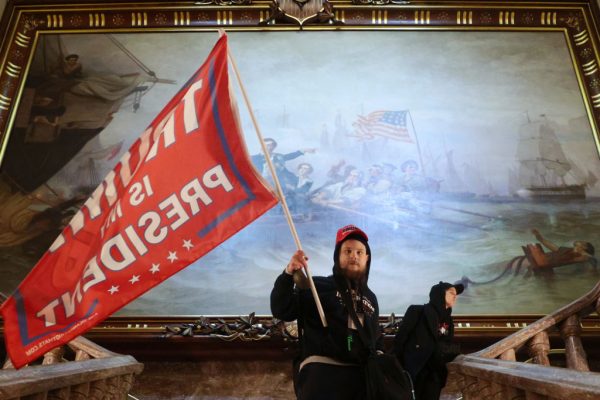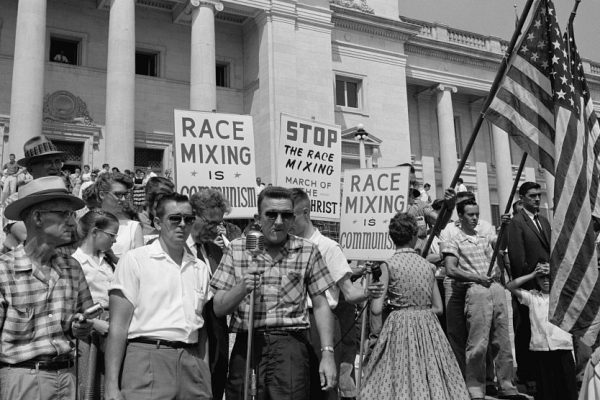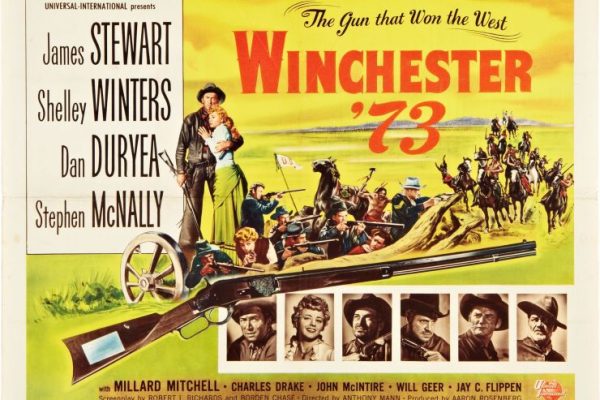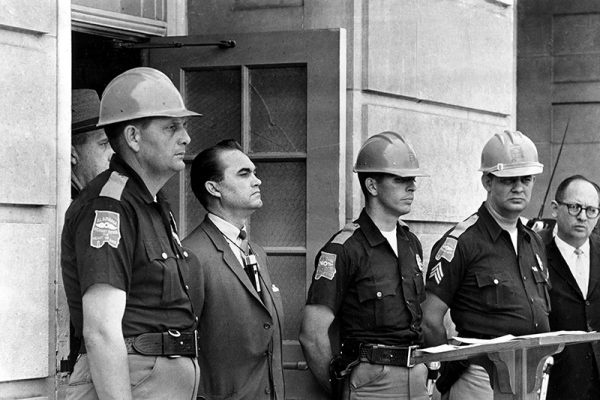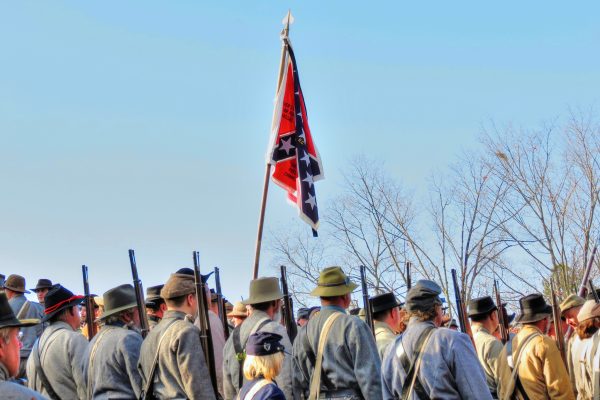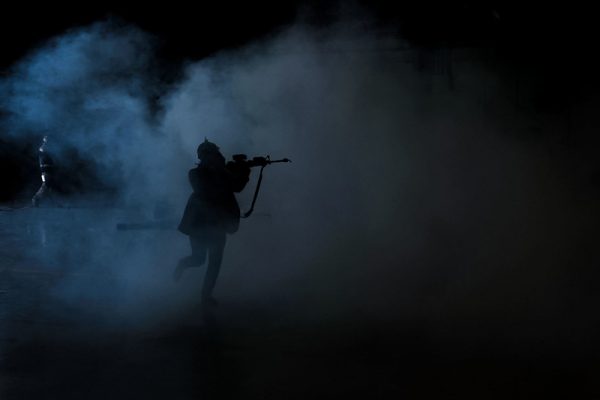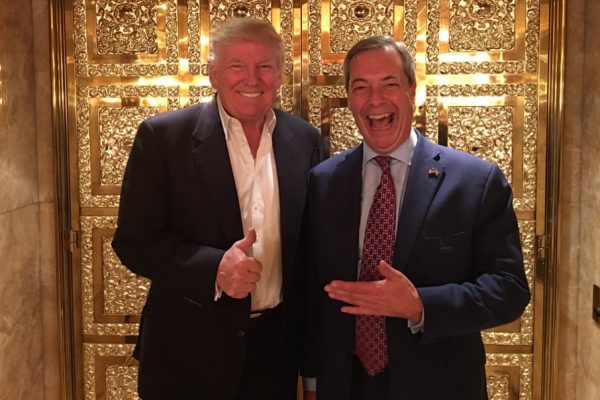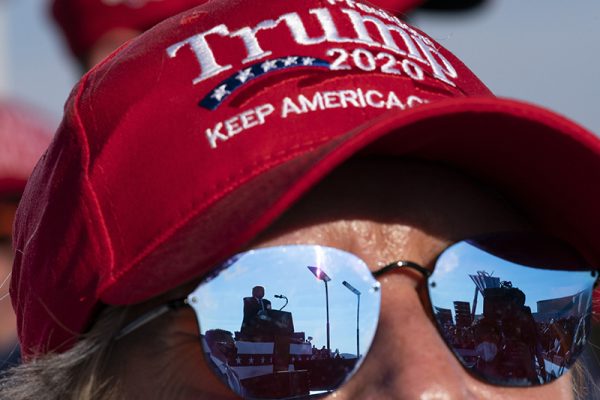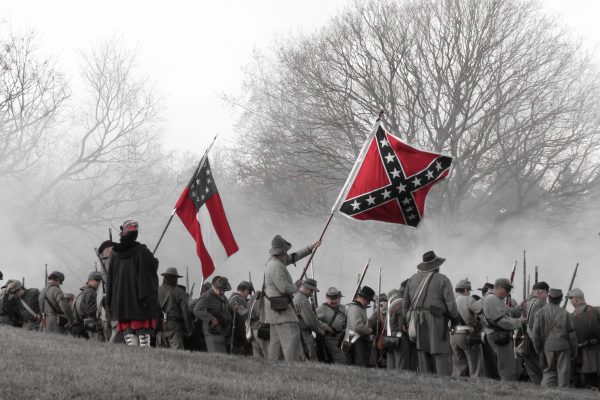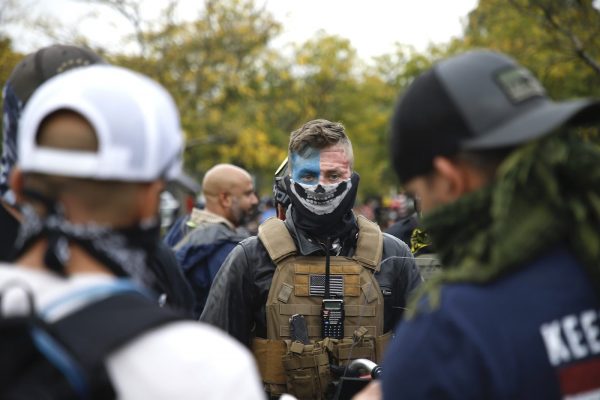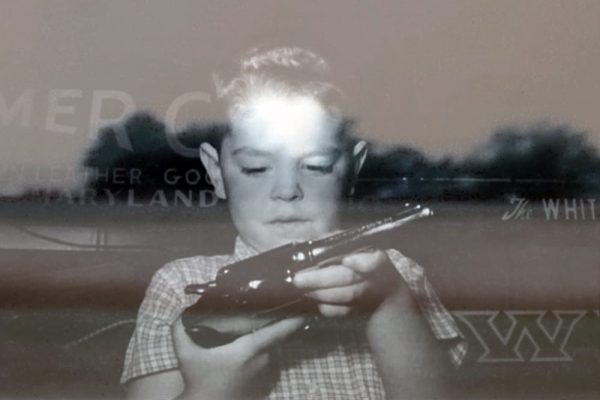On Saturday, a gunman targeted Buffalo’s Black community, killing ten people in a grocery store. In the shooting’s wake, some pundits have called for the incident to be labeled as “domestic terrorism.” But several pieces from our archive caution against using such a description in response to events like this. One such argument comes from Atiya Husain, whose essay on abolishing counterterrorism is being recirculated online. “We do not need the far right’s actions to be classified as terrorism, too,” she writes, “we need to void the category of terrorism completely. It cannot be salvaged because the very thing that gives it its meaning is its racial connotations.” A 2019 essay from Mark Tseng-Putterman offers another compelling case: writing in the wake of the El Paso shooting, Tseng-Putterman argued that “the label of terrorism fails to capture that recent white supremacist violence is not ideologically opposed to the U.S. nation-state. It is less a foreign ideological strain than it is a founding DNA.”
Roxanne Dunbar-Ortiz corroborates, arguing in one of our most popular essays that the origins of the United States are complicit with white nationalist ideology, while Stephen Kantrowitz explores the central role of women in building the KKK. But while it may have a long history, careful attention must be paid to white supremacy’s current manifestation too—including its international scope. As Bernard E. Harcourt commented in our pages after January 6, “white supremacy may be nothing new, but Trump’s incitement of it is unprecedented.”
A childhood steeped in guns shows that toxic masculinity and racism are at the heart of U.S. gun culture.
The Republican Party has become a white nationalist party. If old-fashioned politics can’t change that, we must consider alternatives.
“Very fine people”—fathers, husbands, and sons, as well as mothers, wives, and daughters—have always been central to the work of white supremacy.
Contemporary gun violence is not so much terrorism as tradition.
Talk of American freedom has long been connected to the presumed right of whites to dominate everyone else.
The University of Virginia has long been a bastion of white supremacy and white supremacy–validating scholarship.
The simultaneous success of Trump and Brexit was no coincidence.
Trump is only the latest to exploit it. A new path forward must address the structures that sustain it.
A debate is roiling about the aptness of comparing Trump to European fascists. But radical Black thinkers have long argued that racial slavery created its own unique form of American fascism.
While the United States has expanded its borders of inclusion over time, the borders of whiteness have never fallen. Only a robust black public sphere can change that.
The militarization of gun culture in the United States reflects an increasingly energetic defense of white rule.
New York State Rifle & Pistol v. Bruen may give the right—and its politics of racial resentment—a major win, at the cost of gun control laws known to prevent shootings.
Watch our release of documentary short The Rifleman on the NRA. Then read an interview with filmmaker Sierra Pettengill and historian Roxanne Dunbar-Ortiz.
